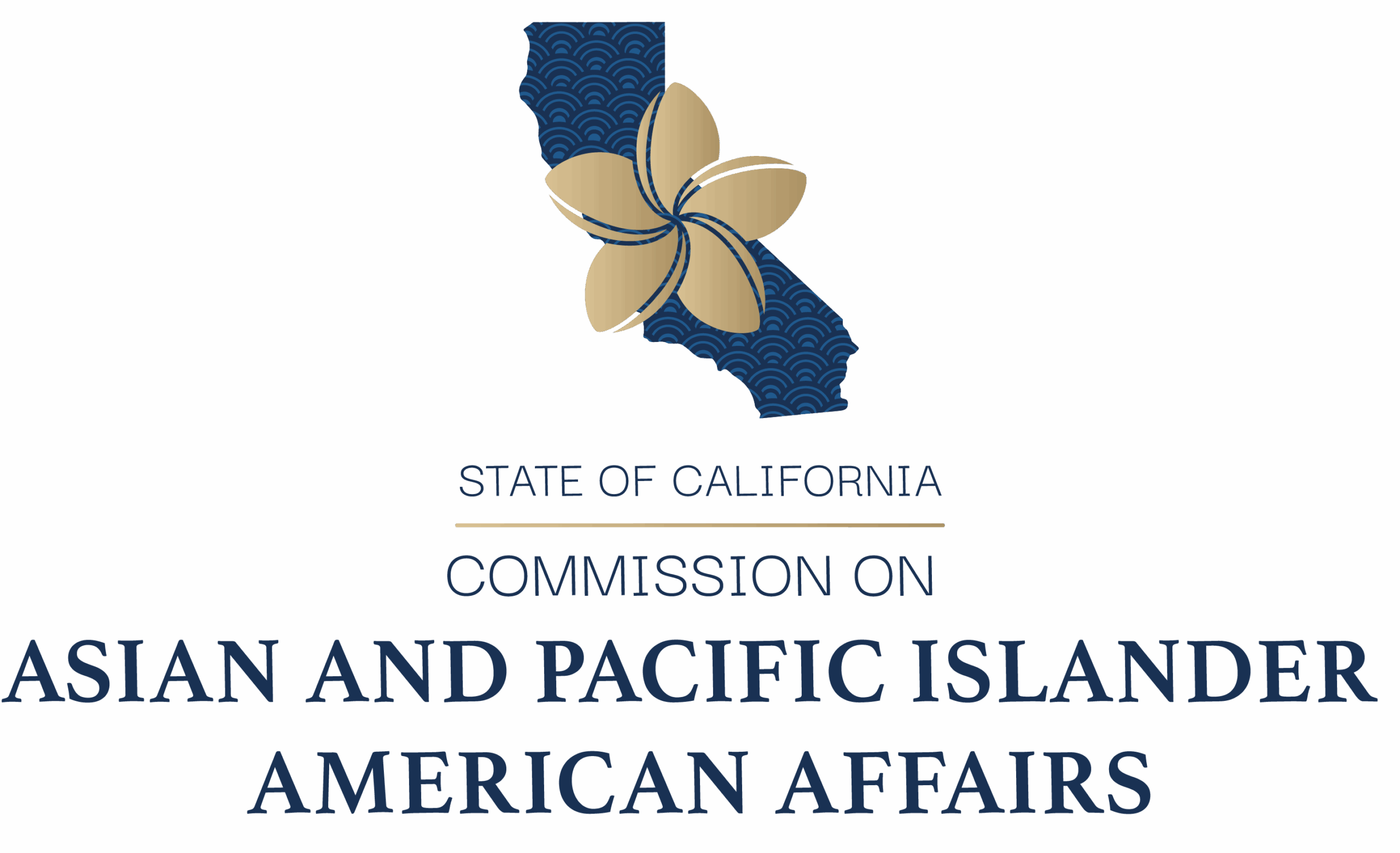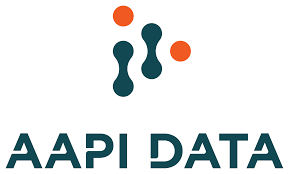A Tool for Change: 2025 Fact Sheet on California’s AANHPI Communities


A Tool for Change: 2025 Fact Sheet on California’s AANHPI Communities
Sacramento, CA – Released by the California Commission on Asian and Pacific Islander American Affairs (CAPIAA) and AAPI Data, the 2025 Fact Sheet: AANHPIs in California encourages policymakers and leaders across government, education, and community organizations to utilize this fact sheet as a tool in better serving and addressing the issues of the diverse Asian American, Native Hawaiian and Pacific Islander (AANHPI) communities. This fact sheet, drawing on AAPI Data’s Community Data Explorer, provides a comprehensive view of AANHPI ethnic groups and their populations by county, voting eligibility, language accessibility, educational attainment, and poverty rate. This release builds on CAPIAA and AAPI Data’s shared goals: prioritize disaggregated data, uplift community stories, and inform inclusive public policy. The fact sheet was also central to a timely May 19 panel “2026 Governor’s Race & the Asian Pacific Islander Community” co-hosted by CAPIAA and the UC Student & Policy Center which brought leaders and experts, including executive directors Khydeeja Alam and Dr. Karthick Ramakrishnan, California State Assemblymember Mike Fong, and Chief Justice and PPIC President Tani Cantil-Sakauye who emphasized the importance of an informed AANHPI electorate, evidence-based policymaking, and sustained civic participation. “To create meaningful systems change, we must see ourselves reflected in data,” said Khydeeja Alam, CAPIAA Executive Director. “Disaggregated data is integral to serving the diverse AANHPI communities in our state and creating more equitable policies and access to resources.” California is now home to over 7.3 million AANHPIs, with over 25% growth in the last decade, making it one of the fastest-growing racial groups in the state. “Given the fast growth and dynamism of AANHPIs in California, it is essential to have a timely and accurate understanding of our community,” said Dr. Karthick Ramakrishnan, AAPI Data Executive Director and Founder. “Having this disaggregated data is an important step towards ensuring that our fast-growing communities are accurately represented.” As the AANHPI population increases, so must the systems that serve them. Local and state agencies, educational institutions, and community organizations must utilize up-to-date disaggregated data to effectively serve the AANHPI communities in California. That starts with understanding the AANHPI communities.
About CAPIAA The California Commission on Asian and Pacific Islander American Affairs (CAPIAA) is a state agency dedicated to elevating the political, economic, and social issues of Asian Americans, Native Hawaiians and Pacific Islanders. CAPIAA advises the Governor, Legislature, other state agencies, and departments on issues relating to AANHPI communities and works to foster understanding, inclusivity, and collaboration across the state. Learn more at capiaa.ca.gov.
About AAPI Data AAPI Data is a national research and policy organization producing accurate data to support community narratives that drive action toward enduring solutions for Asian American, Native Hawaiian and Pacific Islander (AANHPI) communities. AAPI Data is based at the Asian American Research Center at the University of California Berkeley. Learn more at aapidata.com.